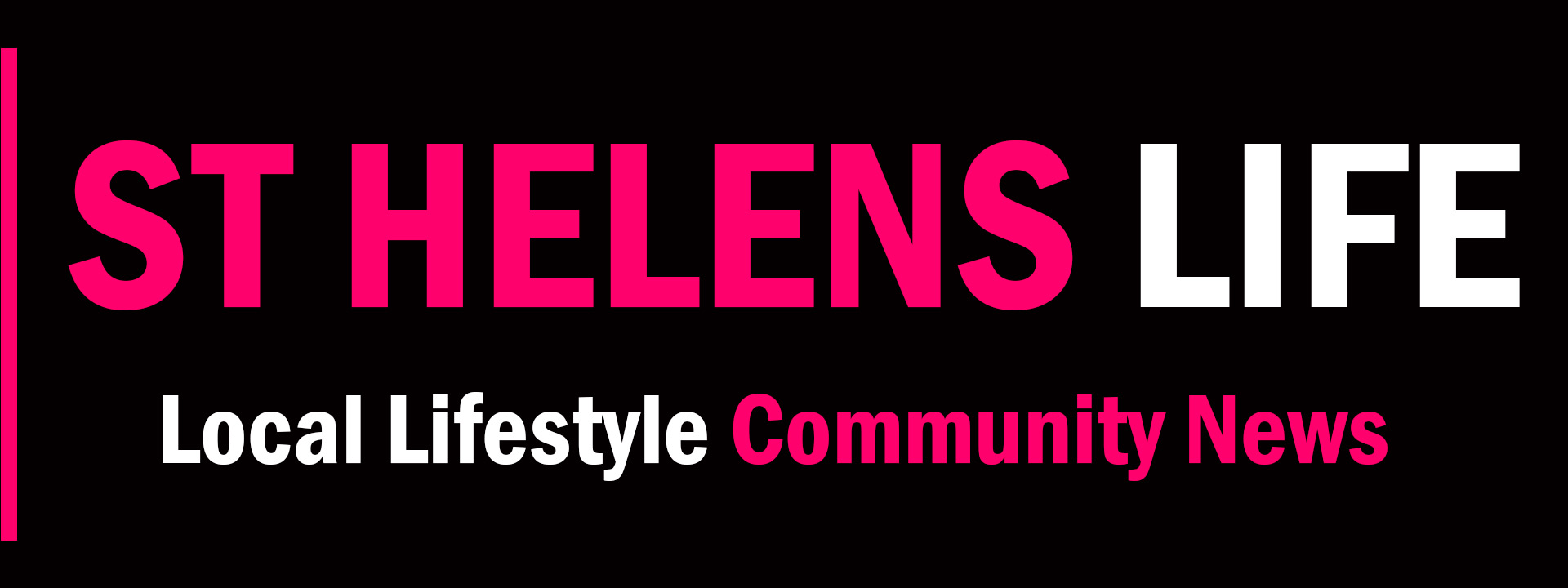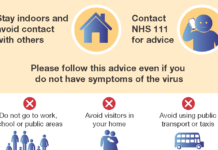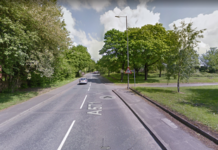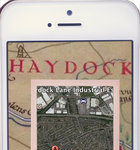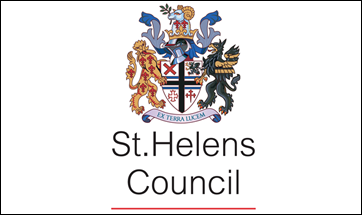Article date – 05 October 2018
The policy has been completely redrafted with the focus on the regeneration of the borough at its heart.
The policy describes how the council will deliver its statutory licensing responsibilities, while upholding national licensing objectives – namely, the prevention of crime and disorder; public safety; the prevention of public nuisance; and the protection of children from harm.
A revised Cumulative Impact Assessment (CIA) is included with the proposed revision of the policy, which will give the council as the Licensing Authority greater control over the number, type and density of premises selling alcohol in the town centre. The revised CIA would replace a partial Special Cumulative Impact Policy, introduced in 2016, that covered Westfield Street and Ormskirk Street.
To support both licensing objectives and the town centre regeneration, the extended CIA would apply to all new and variations of premises licence applications for the whole of the Town Centre ward to any premises that intends to sell alcohol or open as a late night take-away.
Councillor Linda Maloney, who chaired the Licensing and Environmental Protection Committee meeting, said: “Without the tool of cumulative impact, and a relevant representation, the Licensing Authority is legally obliged to grant an application for a licence in any area of the borough.
“Following consultation, if these proposals are accepted, we and our partners will be in a stronger position to determine licence applications that contribute positively to the town centre.
“Considerable work has been carried out in this area throughout the licensing industry and cumulative impact is now viewed very much as a robust strategic management tool to assist the authority and its partners with its development and planning.”
Councils are legally required to review and publish a Statement of Licensing Policy under the Licensing Act 2003, at least every five years. St Helens’ existing policy was introduced in 2015 with a three year lifespan, requiring review by the end of 2018.
With careful consideration and robust management, licensing policy and the Cumulative Impact Assessment can be an effective control of crime and disorder, contributing effectively to the health and wellbeing of residents, while supporting the night time economy.
The policy will apply to applications for new premises licences or club premises certificates; provisional statements; and variations to existing licences or certificates where the modifications relate to the issue of cumulative impact, for example, increases in hours or capacity.
Councillor Andy Bowden, St Helens Council’s Cabinet Member for Balanced Development, Housing and Economic Growth, said: “This measure is not about stifling business, but supporting the right kind of growth and development to improve our retail and leisure offer.
“Developing the early evening and night time economy is crucial to the long term success of the town centre. Improving the standard of licensed premises and varying the provision will play a key role in this, as we, our partners, visitors and business owners all want the same outcome; a safe, vibrant town centre that encourages people to visit and enjoy an evening out.”
The policy will be subject to periodic review, and could be adopted in other areas of the borough if the need is evidenced.
A copy of the full report and link to the consultation can be found at www.sthelens.gov.uk/consultations. The consultation is open now until Monday 5 November 2018.
